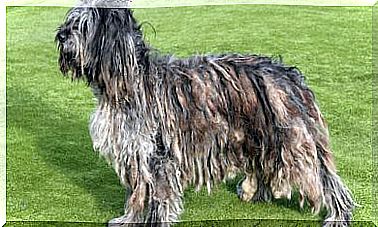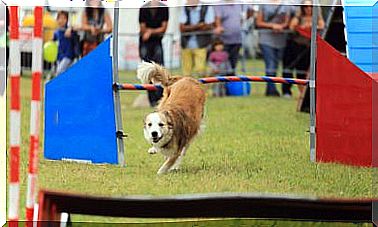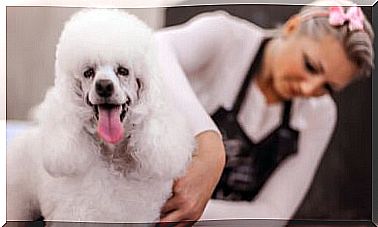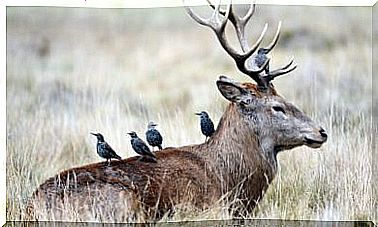How To Make Your Dog Respect You From Puppyhood
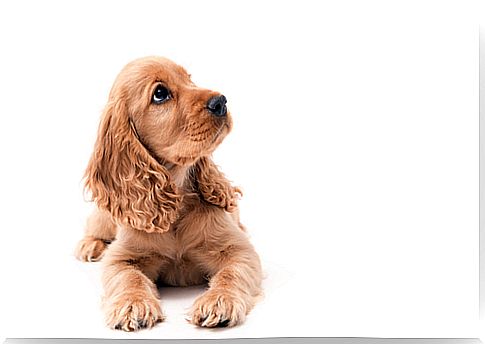
A good education at an early age is the foundation on which your future relationship with your pet is built. For the two of you to understand each other and live together, it is important to establish clear limits from a puppy to make your dog respect you in adulthood.
Tips for first-time puppy owners
It usually takes a puppy 4-6 months to complete his training. When we refer to the ‘training’ of the animal, we incorporate both the fact that it learns to relieve itself outside the home and the fact that it understands what its owner asks of it and carries it out.
Believe it or not, size is a determining factor in the length of time it takes a person to train their pet. A dog of a smaller breed, for example, will have a smaller bladder and will need more outlets than a larger one, at least to go to the bathroom.
The animal’s previous living conditions will also play a role. A puppy that has been in a violent environment, or has had traumatic experiences, will tend to be defensive early in your relationship.
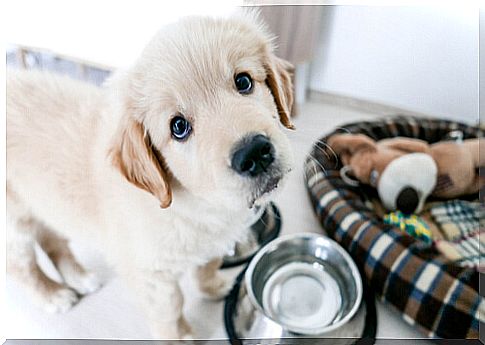
Try to give him his space and let him get used to you. The worst way to treat a dog with PTSD is to force him to do something he doesn’t want to do.
You may run into old habits that your puppy incorporated in his previous home that don’t match your lifestyle. Don’t try to force a change as soon as you meet. Try to understand why he is behaving in this way and to teach him the benefits of a different behavior through rewards or caresses.
What to do once your puppy is home
Given the curious nature of young animals, first try to establish a delimited space where your puppy can be calm. You can achieve this by putting doors in the kitchen or setting up his own space for him, with food and water in a separate room in the house.
The most important thing is to value the importance of positive stimuli in the education of your puppy. Instead of teaching him the consequences of his actions in a blunt way, try to teach him what is most beneficial for him with rewards or caresses.
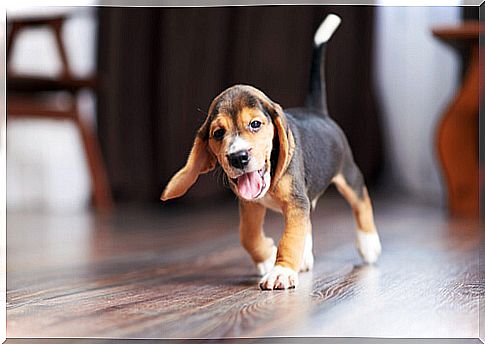
If your dog starts barking, is restless or sniffs at the front door of the house, it is likely that he needs to go outside to relieve himself, so try to pay attention to these signals to avoid possible upsets that may incite you to punish your pet.
What not to do if your puppy misbehaves
The attitude that we show to have when our pet makes a mistake is crucial so that he does not fear us and respect us. This distinction is very important.
- If your puppy does his business at home, do not punish him. He is learning and being afraid of something so natural is unnecessary.
- If you discover damage at home without having seen how your dog did it, do not punish him. The puppy will not be able to connect the damage with his action and will not understand what he has done wrong.
- When he has an accident at home related to his needs, clean the place as well as possible so that the puppy does not use it again in the same way.
A training based on positive reinforcement will also strengthen your bond and make him associate what you want him to do with pleasant feelings.


